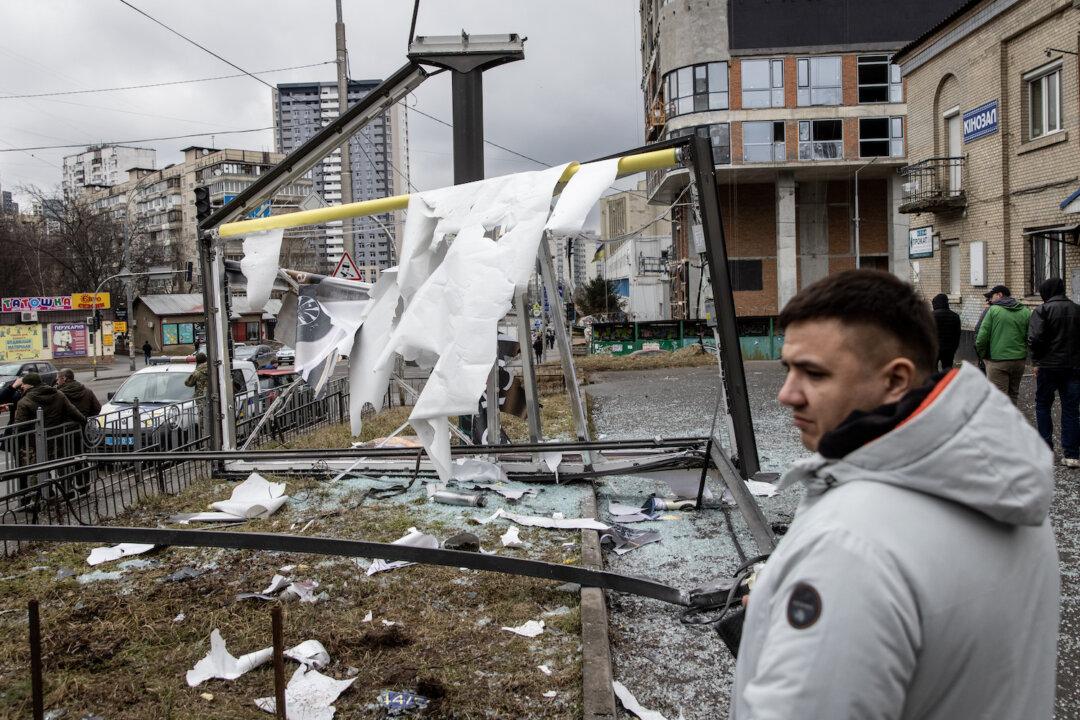Natural gas prices, already climbing over the past year, rose further in the wake of Russia’s invasion of Ukraine, a move that came after Germany halted certification of the Nord Stream 2 pipeline when Russia recognized the breakaway Luhansk People’s Republic and Donetsk People’s Republic.
Dutch natural gas futures surged by 51.87 percent, per Investing.com. In the United States, Henry Hub natural gas spot prices were up by a more modest 5.1 percent as of 10:50 a.m. Eastern time on Feb. 24, according to Business Insider.





